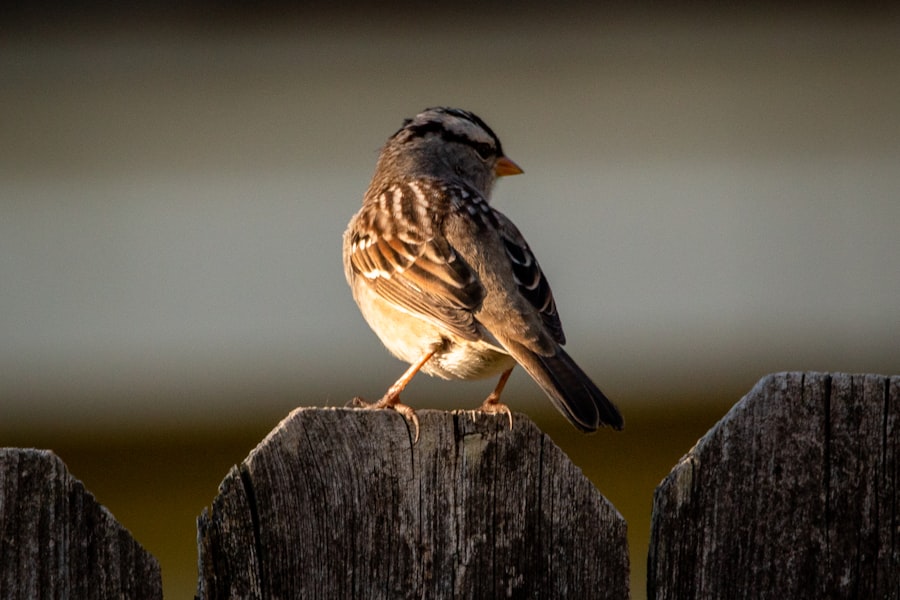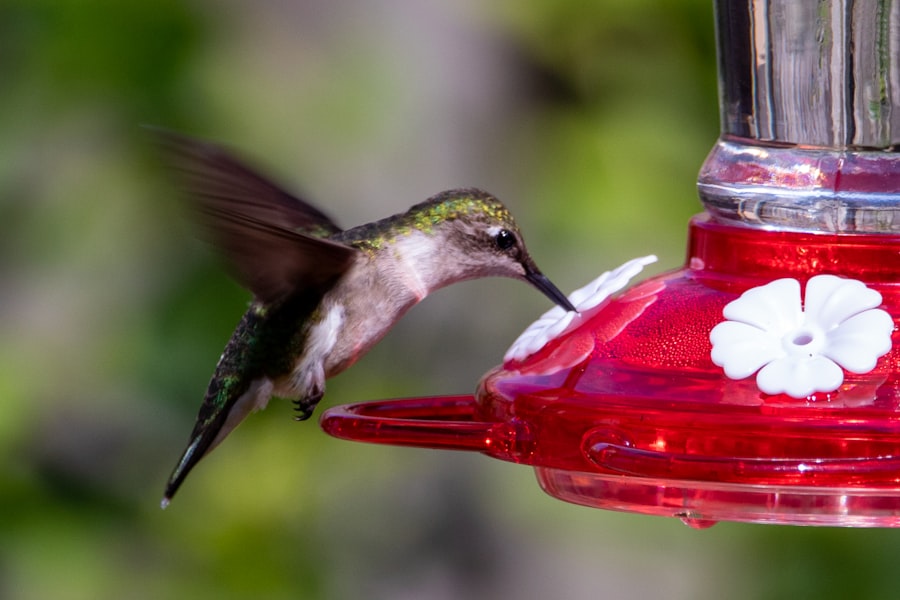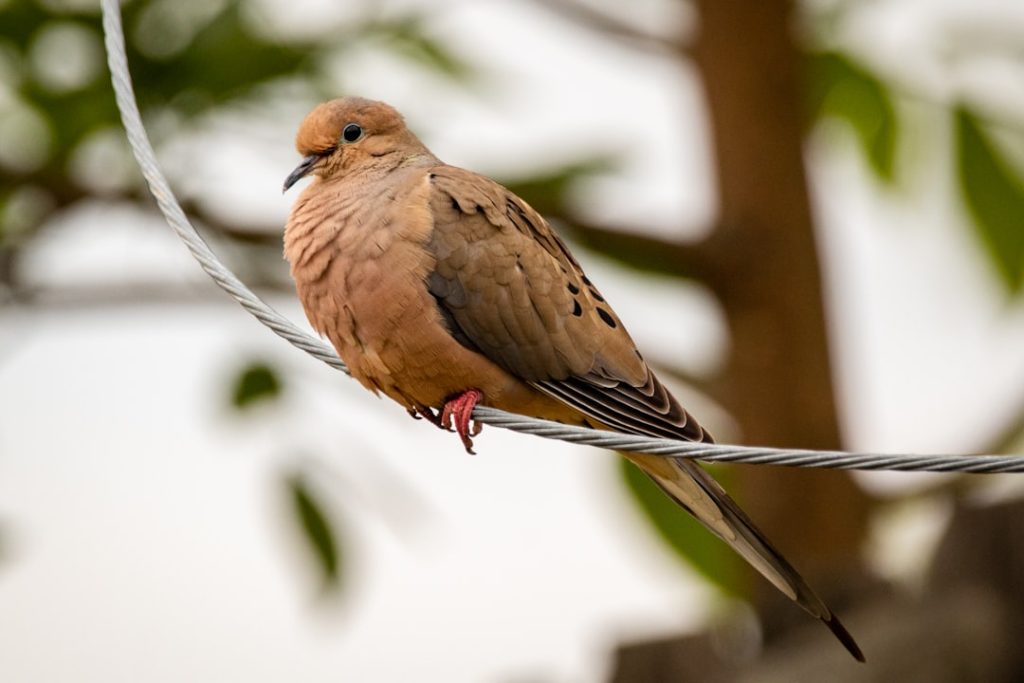Bantam chickens are a miniature breed of poultry that have gained popularity as domestic pets in recent years. These diminutive birds are characterized by their amiable and gentle temperament, making them suitable for families with children or individuals seeking a low-maintenance pet. Bantams exhibit a wide range of colors and patterns, enhancing their aesthetic appeal in backyard or farm settings.
Despite their small size, bantam chickens are capable of producing eggs, albeit smaller than those of standard breeds, offering a practical benefit to owners interested in a modest egg supply. Bantam chickens are well-suited to various living environments, including urban and suburban areas, due to their adaptability and compact size. These birds are known for their distinct personalities and can provide entertainment through their daily activities, such as foraging for insects or engaging in dust baths.
With proper care and attention, bantam chickens can have a relatively long lifespan, offering companionship to their owners for an extended period. Their small stature and agreeable nature make them an attractive option for both experienced poultry keepers and novice enthusiasts alike.
Table of Contents
- 1 Choosing the Right Breed for Your Lifestyle
- 2 Housing and Coop Requirements
- 3 Feeding and Nutrition
- 4 Health and Veterinary Care
- 5 Enrichment and Entertainment for Bantam Chickens
- 6 The Joys of Keeping Bantam Chickens as Pets
- 7 FAQs
- 7.1 What are bantam chickens?
- 7.2 Are bantam chickens good pets?
- 7.3 What do bantam chickens eat?
- 7.4 How much space do bantam chickens need?
- 7.5 Do bantam chickens require special housing?
- 7.6 Do bantam chickens need companionship?
- 7.7 What are the common health issues for bantam chickens?
- 7.8 Are bantam chickens noisy?
Key Takeaways
- Bantam chickens are a smaller breed of chicken that are known for their friendly and docile nature, making them great pets for families and individuals.
- When choosing the right breed of bantam chicken for your lifestyle, consider factors such as space, climate, and egg production to ensure a good fit for your needs.
- Housing and coop requirements for bantam chickens include providing a secure and predator-proof space with proper ventilation, nesting boxes, and roosting bars.
- Feeding and nutrition for bantam chickens should include a balanced diet of commercial feed, fresh water, and occasional treats such as fruits and vegetables.
- Health and veterinary care for bantam chickens involves regular check-ups, vaccinations, and parasite prevention, as well as being attentive to signs of illness or injury.
Choosing the Right Breed for Your Lifestyle
Popular Bantam Breeds
Some popular bantam breeds include the Silkie, Sebright, and Pekin, each with its own unique traits and qualities. For example, Silkies are known for their fluffy feathers and gentle nature, making them a great choice for families with children. Sebrights, on the other hand, are known for their striking appearance and active personality, making them a good fit for those looking for an eye-catching addition to their flock. Pekins are known for their friendly and sociable nature, making them a great choice for those looking for a companionable pet.
Space and Living Conditions
It’s also important to consider the space you have available for your bantam chickens. While they are smaller than standard breeds, bantams still require adequate space to roam and explore. If you have a smaller backyard or live in an urban area, you may want to consider breeds that are known for their ability to thrive in confined spaces.
Climate Considerations
Additionally, consider the climate in your area when choosing a breed. Some bantam breeds are more cold-hardy than others, so it’s important to choose a breed that will be able to withstand the weather conditions in your area. By taking these factors into consideration, you can choose the right breed of bantam chicken that will fit seamlessly into your lifestyle.
Housing and Coop Requirements

When it comes to housing and coop requirements for bantam chickens, there are several key factors to consider. First and foremost, it’s important to provide your bantams with a safe and secure coop that will protect them from predators and the elements. The coop should be spacious enough to allow the chickens to move around comfortably, with at least 2-3 square feet of space per bird.
Additionally, the coop should be well-ventilated to ensure good air circulation and prevent the buildup of moisture and ammonia from droppings. In addition to the coop, it’s important to provide your bantams with an outdoor run where they can stretch their legs and enjoy some fresh air and sunshine. The run should be securely fenced to prevent escape and protect the chickens from predators.
It’s also important to provide plenty of shade and shelter within the run to protect the chickens from extreme weather conditions. By providing a safe and comfortable living environment for your bantam chickens, you can ensure that they will thrive and flourish in your care.
Feeding and Nutrition
Feeding and nutrition are crucial aspects of caring for bantam chickens. A well-balanced diet is essential for maintaining the health and well-being of your flock. Bantam chickens require a diet that is high in protein to support their growth and egg production.
A commercial layer feed is a good option for adult bantams, as it contains the essential nutrients they need to lay healthy eggs. Additionally, it’s important to provide your bantams with access to fresh water at all times to prevent dehydration. In addition to commercial feed, it’s important to supplement your bantam chickens’ diet with fresh fruits and vegetables, as well as occasional treats such as mealworms or scratch grains.
These treats can provide additional nutrients and help keep your chickens entertained and engaged. It’s important to monitor your chickens’ food intake and adjust their diet as needed based on their activity level and egg production. By providing your bantam chickens with a well-rounded diet, you can ensure that they will remain healthy and happy members of your flock.
Health and Veterinary Care
Maintaining the health of your bantam chickens is essential for ensuring their long-term well-being. Regular health checks are important for monitoring the overall health of your flock and catching any potential issues early on. It’s important to keep an eye out for signs of illness or injury, such as changes in behavior, decreased appetite, or abnormal droppings.
If you notice any concerning symptoms, it’s important to consult with a veterinarian who specializes in poultry care. In addition to regular health checks, it’s important to practice good biosecurity measures to prevent the spread of disease within your flock. This includes keeping your coop clean and free of droppings, as well as quarantining any new birds before introducing them to your existing flock.
It’s also important to provide your bantams with regular access to dust baths, which help keep their feathers clean and free of parasites.
Enrichment and Entertainment for Bantam Chickens

Mental Stimulation through Toys and Puzzles
Providing them with toys such as hanging treats or puzzle feeders can help keep them engaged and entertained.
Natural Materials for Exploration and Play
Allowing your bantams access to a variety of natural materials such as branches, logs, and rocks can provide them with opportunities for exploration and play.
In addition to toys and natural materials, it’s essential to provide your bantams with opportunities for exercise and social interaction. Allowing them access to a spacious outdoor run where they can scratch, peck, and dust bathe can help keep them physically active and mentally stimulated. Providing them with opportunities to interact with other chickens can help fulfill their social needs and prevent boredom.
The Joys of Keeping Bantam Chickens as Pets
In conclusion, keeping bantam chickens as pets can be a rewarding experience for individuals and families alike. These pint-sized birds are known for their friendly nature, unique personalities, and ability to lay small eggs, making them a practical and enjoyable addition to any flock. By providing them with proper housing, nutrition, veterinary care, and enrichment opportunities, you can ensure that your bantam chickens will thrive in your care for years to come.
Whether you are an experienced chicken owner or new to poultry keeping, bantam chickens are sure to bring joy and entertainment into your life. With their charming personalities and low-maintenance care requirements, bantam chickens are an excellent choice for anyone looking to add some feathered friends to their home or farm.
If you’re considering keeping bantam chickens as pets, you may also be interested in learning about the mating season for turkeys. Understanding the breeding habits of different poultry can help you create a harmonious environment for your feathered friends. Check out this article on mating season for turkeys to expand your knowledge of poultry breeding.
FAQs
What are bantam chickens?
Bantam chickens are small breeds of chickens, typically one-fourth to one-fifth the size of standard chicken breeds. They come in a variety of colors and feather patterns.
Are bantam chickens good pets?
Yes, bantam chickens can make great pets. They are friendly, easy to handle, and can be quite entertaining to watch. They also have the added benefit of providing fresh eggs if they are hens.
What do bantam chickens eat?
Bantam chickens eat a diet of commercial chicken feed, supplemented with fresh fruits, vegetables, and the occasional treat. They also require access to grit and oyster shell for digestion and egg production.
How much space do bantam chickens need?
Bantam chickens do not require as much space as standard chicken breeds. A small backyard or urban setting can provide enough space for a few bantams to roam and forage.
Do bantam chickens require special housing?
Bantam chickens require a secure coop or housing to protect them from predators and the elements. The coop should provide enough space for roosting, nesting, and protection from extreme temperatures.
Do bantam chickens need companionship?
Bantam chickens are social animals and do best when kept in small flocks. They enjoy the company of other chickens and can become stressed if kept alone.
What are the common health issues for bantam chickens?
Common health issues for bantam chickens include parasites, respiratory infections, and egg-laying problems. Regular health checks and proper nutrition can help prevent these issues.
Are bantam chickens noisy?
Bantam chickens are generally quieter than standard chicken breeds, but they can still make noise, especially when laying eggs or if they feel threatened. Proper training and handling can help minimize excessive noise.
Meet Walter, the feathered-friend fanatic of Florida! Nestled in the sunshine state, Walter struts through life with his feathered companions, clucking his way to happiness. With a coop that’s fancier than a five-star hotel, he’s the Don Juan of the chicken world. When he’s not teaching his hens to do the cha-cha, you’ll find him in a heated debate with his prized rooster, Sir Clucks-a-Lot. Walter’s poultry passion is no yolk; he’s the sunny-side-up guy you never knew you needed in your flock of friends!







